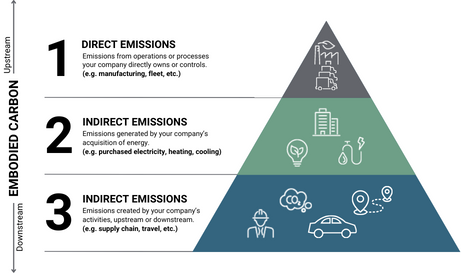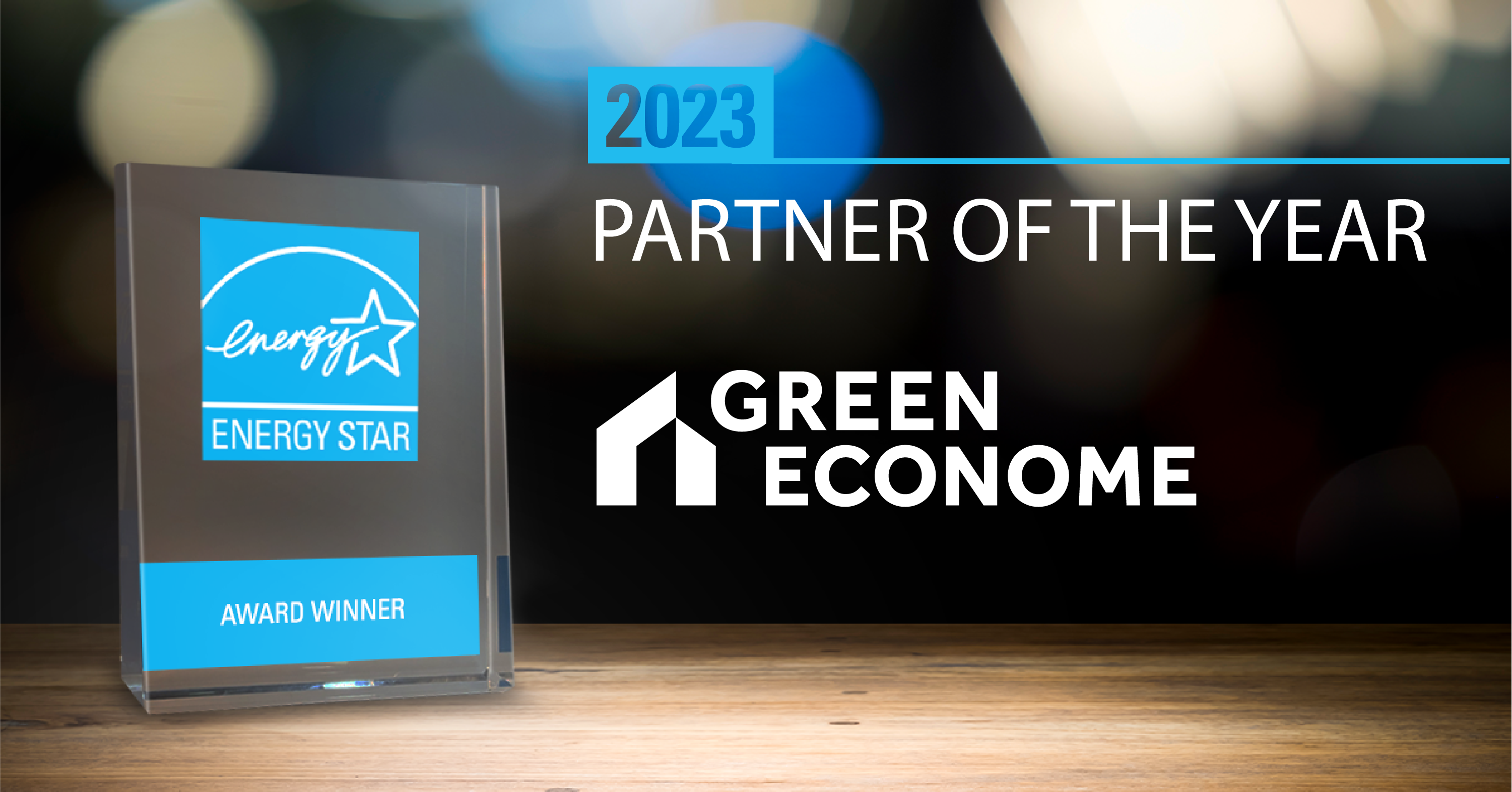Resilience, public health, mental health, collaboration between the public and private sectors, science-based strategies, equity, and trust. Are we talking about the current pandemic or the Fitwel Certification System? We are talking about both. The groundswell around health and wellness at the workplace had taken hold before COVID. Now, a clear set of standards and protocols to keep people healthy is required to open doors again.
Fitwel® is the World’s Leading Certification System Committed to Building Health for All™. Using evidence-based scientific research, the Fitwel system is a series of standards and strategies developed to optimize building design and operations, in support of the health and well-being of its occupants. The program is run by the Center for Active Design (CfAD), in close collaboration with the U.S. Centers for Disease Control and Prevention (CDC), and the U.S. General Services Administration (GSA).
Why Fitwel certification matters
As we reopen, occupant trust and safety are paramount. Fitwel certification makes transparent the strategies used to maximize their well-being. For property stakeholders, Fitwel has recently introduced the Fitwel Viral Response Module, an annual certification of policies and protocols informed by the latest public health research on mitigating the spread of infectious diseases. It offers a comprehensive methodology critical to ongoing response.
Global pandemic aside, wellness is an important differentiator to top companies and those they employ. Talent is attracted to healthy and inspired spaces. When you provide an environment with a sense of place, amenities that cater to a healthier lifestyle, and a building with sustainable design, there are far-reaching effects. Inside, you have thriving tenants who stick. Outside, you create a positive impact on the overall wellbeing of people and the environment. When people can bike to work, emissions are reduced. When there is access to healthy food onsite, people do not get in their cars for lunch. When outdoor spaces are available, both physical and mental health improve.
This is not conceptual. Research used by the Fitwel system shows a direct correlation between workplace design and occupant productivity and health. Temperature, air quality, lighting, and noise conditions are all factors toward performance and employee well-being. With an estimated 90% of a company’s capital being its people, productivity and absenteeism matter. Additionally, disease prevention and good health can result in a positive return on healthcare spending. When a company occupies a building designed with the same goals in mind, their healthcare dollars go exponentially further.
What’s in it for me?
Investing in wellness is a sound long-term play for owners. The rising workforce is vested. According to a 2018 Global Wellness Institute report, global wellness is a $4.5 trillion economy, with a 6.4% annual growth. Workplace Wellness is a key sector, projected to grow to $66 billion in 2022. Conversely, 2018 research from the Integrated Benefits Institute (IBI), shows that illness-related lost productivity costs U.S. employers $530 billion per year.
Used in tandem with efficiency and sustainability certifications like ENERGY STAR®, LEED, and BREEAM, you are investing in the full spectrum of building health and sustainability. FItwel extends beyond the building, to the people. It also extends beyond the commercial site, to community development. Whatever your discipline, Green EconoME can manage and deliver the full spectrum of certifications for your project.
To learn more about Fitwel for your property or community, contact us at info@greeneconome.com or (424) 422–9696.















